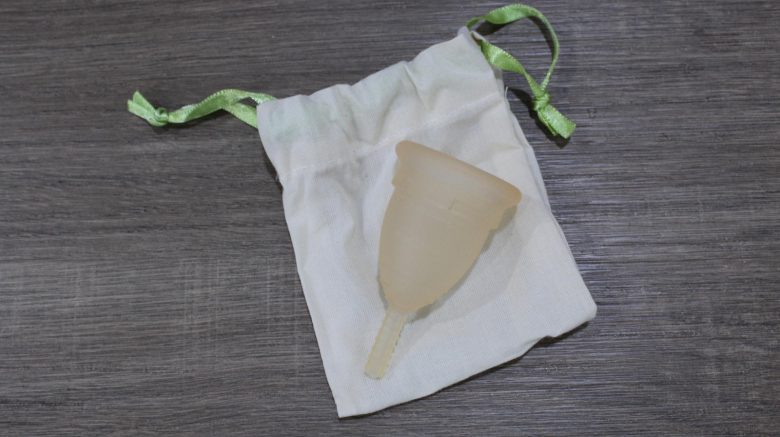Congress MP, Shashi Tharoor, recently raised a parliamentary question during the ongoing Lok Sabha session, on the Government’s efforts on providing menstrual care facilities for girls and women. The Union Minister for Health and Family Welfare, Dr. Harsh Vardhan, in his response, drew attention to the Ministry of Health and Family Welfare’s scheme to provide subsidised sanitary pads through the centrally sponsored Menstrual Hygiene Scheme under Rashtriya Kishor Swasthya Karyakram.
Dr. Vardhan further pointed out that several efforts were underway in States to provide sanitary pads to adolescent girls in schools. While the past couple of years have brought unprecedented and much-needed attention to menstrual hygiene, the focus is skewed. The Bollywood blockbuster movie Pad Man (released in 2017) and its promotional events were unequivocal in their support for sanitary pads to ease women’s suffering and isolation during menstruation. In December 2017, the National Family and Health Survey 4 (2015-16) highlighted that only 57.6% of young women (15-24 years) used a hygienic method of protection during menstruation. From 2018 onwards, several State Governments have taken action, launching schemes for the free distribution of sanitary pads in schools – Odisha’s Khushi Scheme (2018), Andhra Pradesh’s Raksha Scheme (2018), Chhattisgarh’s Suchita (2017), Maharashtra’s Asmita Scheme (2018), Kerala’s She Pad scheme (2017).
Alternative or reusable products to promote menstrual hygiene
These actions are well-intentioned and have brought national attention to a taboo topic. However, the narrative on menstrual hygiene is primarily focused on sanitary pads – their distribution and use. Disposable sanitary pads (of good quality) are undoubtedly a safe and hygienic option for managing menstruation, yet their singular promotion is problematic. It diverts the conversation from comprehensive education around the physiology of menstruation, hygienic practices, and restrictive social norms to the use of a particular type of menstrual hygiene product. The installation of sanitary pad vending machines in toilets, for instance, can mask the importance of and action on safe and responsive water, sanitation and hygiene facilities to enable girls and women to practice hygiene in schools, homes, and workplaces during their periods. Further, the emphasis on disposable sanitary pads fundamentally undermines the right of a girl or woman to choose a menstrual hygiene product that best suits her needs, context, personal preference and ability to pay.
The promotion of disposable sanitary pads in India as the primary hygienic option may be a result of some evidence (anecdotal and research-based) that the use of old cloth causes infections, and that alternative products (e.g., menstrual cups) are unsuitable for India. Unhygienic cloth use (i.e., use of old rags or cloth that is not thoroughly washed and dried, and stored appropriately) is unsafe, but the use of clean cotton cloth is not harmful per se when maintained well and used properly, according to experts and organizations promoting cloth use and sustainable menstruation. A recently published global study on menstrual cups by van Eijk and colleagues (The Lancet, July 2019) brings to the forefront, the importance of menstrual hygiene education and efforts to foster positive norms around women’s bodily functions and the viability of alternative or reusable products to promote menstrual hygiene.
India now has many small and medium scale innovators introducing alternative menstrual hygiene products (reusable pads made of various textiles, menstrual cups) into the market. Ecofemme, Uger Pads, Safe Pad, and Saafkins are examples of reusable sanitary pads brands. The introduction of reusable cloth pads, albeit among a small segment (in an urban and rural area), has created greater awareness about hygienic use and proper maintenance of these products and debunking of deeply held norms around menstrual blood and notions of impurity.
Inclusion and research of alternative products and health guidelines
Along with reusable cloth pads, menstrual cups also offer another affordable and environment-friendly alternative. She Cups, Boondh, Soch, and Stonesoup Wings are examples of brands of menstrual cups marketed by Indian retailers. Menstrual cups are made of medical-grade silicone, can be used for five or more years, and cost much lesser over the reproductive life cycle of a woman than the cheapest available disposable pads. A body of research sheds light on the acceptability and feasibility of cups. The recent global review ascertained the acceptability and feasibility of menstrual cups as viable menstrual hygiene management (MHM) alternative.

